The Crotone case reveals the lingering shadow of the Mafia in Italian football.
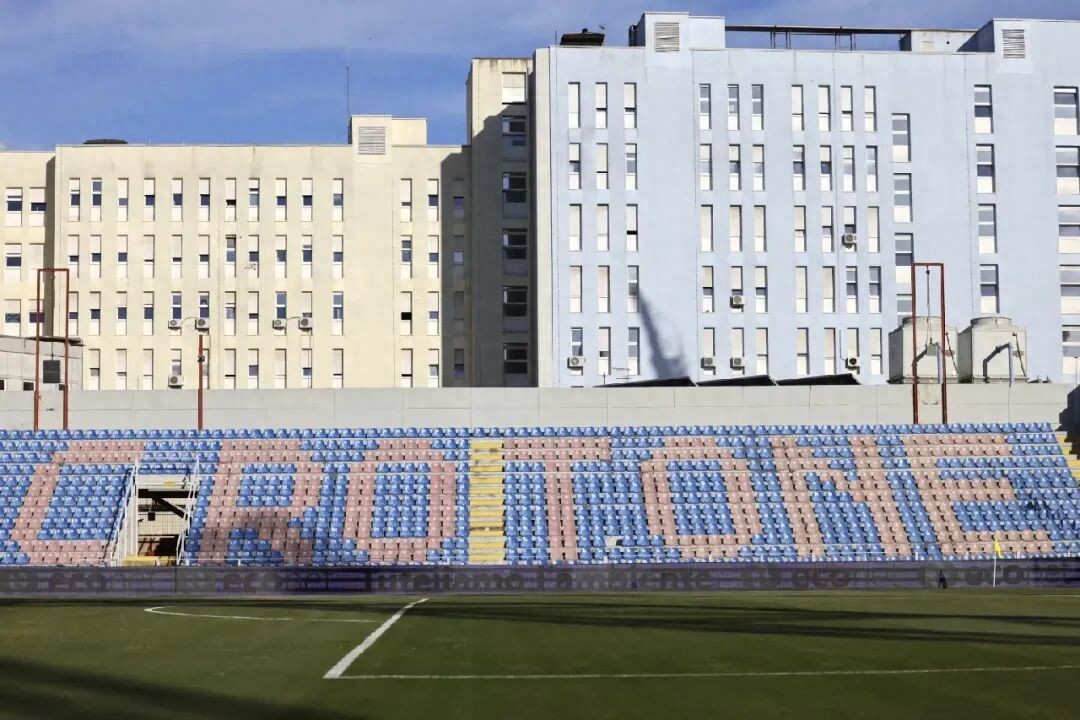
Written by Han Bing. For experienced followers of Italy’s history, society, and football, the Mafia remains a familiar yet somewhat estranged concept. Although their once profound influence on Italian football has diminished, the recent judicial intervention at Serie C club Crotone has made the Mafia a focal topic again. While the Mafia no longer operates with the lawlessness seen in the 1980s, its negative impact on Italian football today cannot be ignored.

Crotone is located in Calabria, southern Italy, the home of the Mafia organization ‘Ndrangheta.’ Local prosecutors have stated there is sufficient evidence proving that over the past decade, the ‘Ndrangheta’ has exerted a “strangling control” over the Crotone club, especially in security and ticketing operations. The Crotone case brings fans’ memories back to the 1980s when Serie A was ruthlessly manipulated by the Mafia.
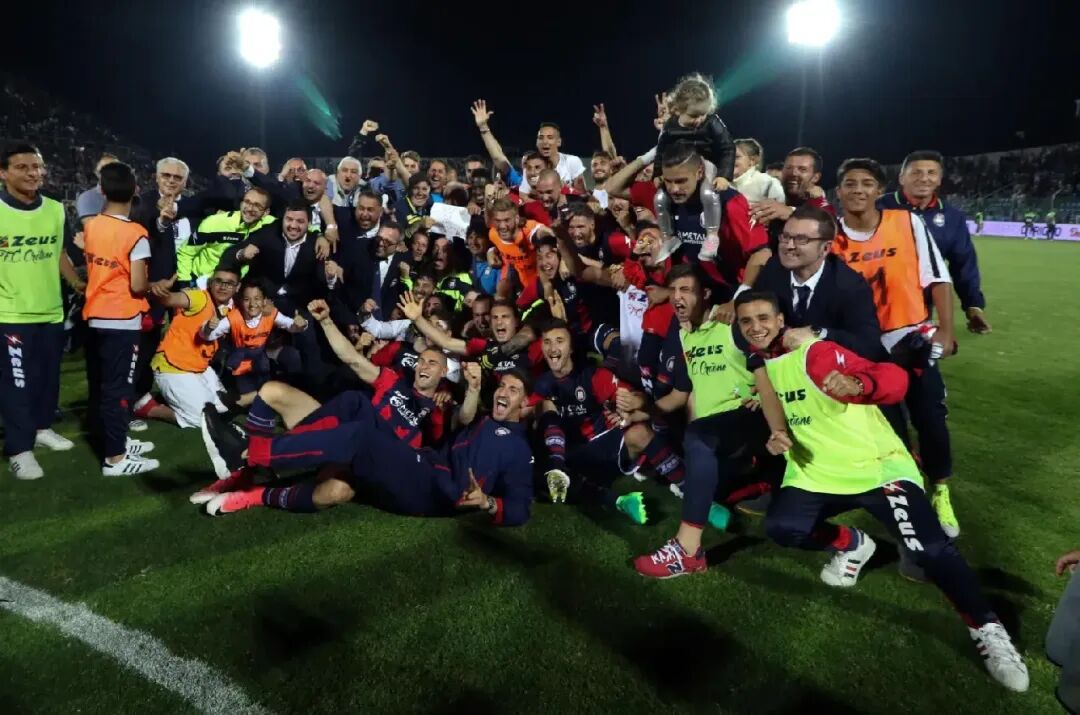
Among Italy’s three major Mafia groups—the ‘Ndrangheta’ of Calabria, the Camorra in Naples, and the Sicilian ‘Cosa Nostra’—the Camorra has had the most profound influence on Italian football. In the early 1980s, the growing cash flow in Serie A clubs attracted the Mafia’s attention. They used local clubs as entry points into the legitimate economy, simultaneously controlling club operations and consolidating their power.

In 1984, Napoli signed Maradona for a world-record transfer fee (14 billion Italian lire, approximately $7.6 million), much of which was financed by the Camorra. After Maradona joined, ticket sales, merchandise revenue, and profits from nearby bars and entertainment venues soared—all controlled by the Camorra.
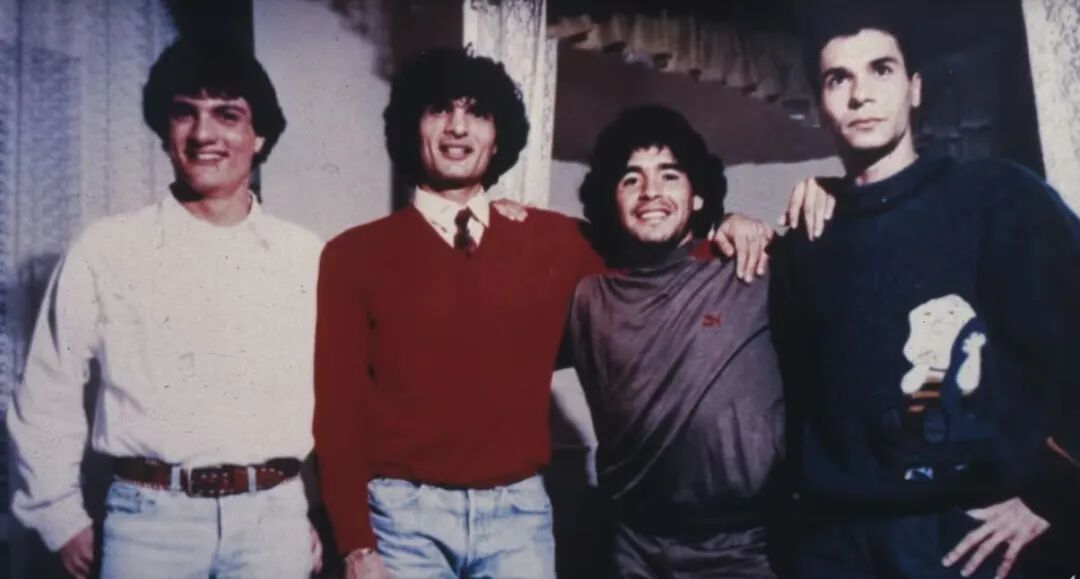
Maradona and the Giuliano brothers.
Even more shocking, Maradona maintained close ties with the Giuliano brothers, prominent Camorra figures who supplied cocaine to him and over a dozen other Napoli players. They also ran large-scale drug trafficking through shops near the club’s stadium. Additionally, the Camorra organized illegal betting and directly manipulated match results. In the 1987-1988 season, Napoli seemed certain to defend their Serie A title, but suffered a crushing 0-4 defeat against AC Milan in a decisive match, losing the championship.
Naples Mafia expert and journalist Dimeo revealed, “If Napoli had successfully defended their title, the Camorra would have paid over 200 billion lire in bets. This was the direct reason for the team’s deliberate loss.” Shortly after, Maradona’s car was maliciously damaged, and teammate Barney’s home was ransacked. Police investigations concluded these were warnings from the Camorra, reminding players who truly controlled the games.
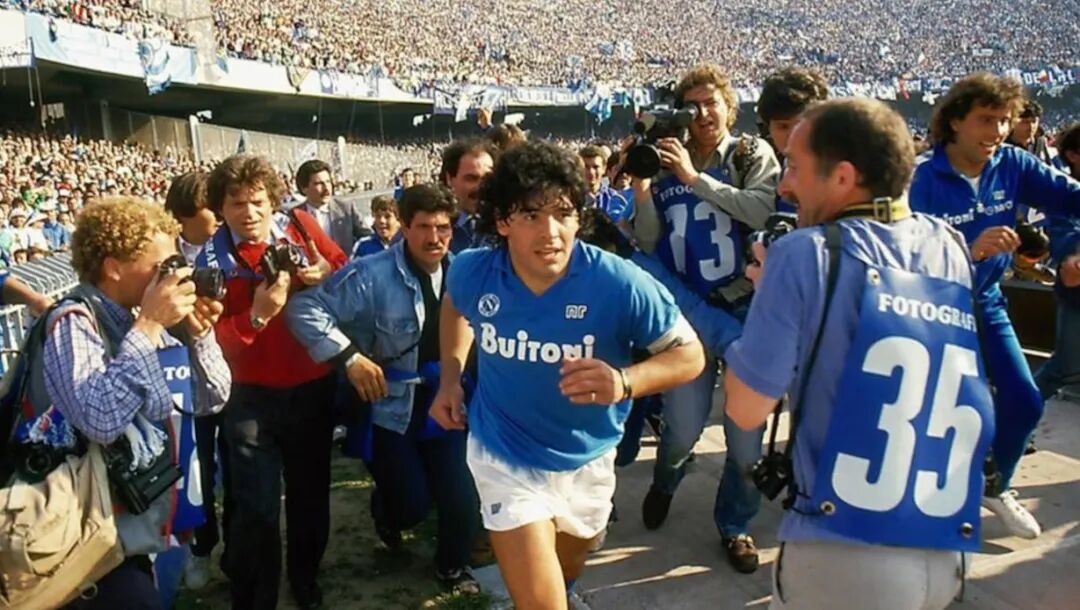
The Sicilian Mafia was even more rampant, exerting greater influence over Palermo club. In the 1980s, referees officiating in Sicily were considered at high risk; one referee found bullets and a note under his hotel door before a match, which read, “If Palermo loses, your wife will become a widow.” In 1985, Palermo’s president Parisi and his driver were brutally murdered for refusing to cooperate with the Mafia.
There have been numerous cases of Italian players linked to the Mafia. In 2013, former Palermo captain Miccoli was convicted for Mafia association; other players reportedly investigated by authorities include Scuri, D’Agostino, Acquafresca, and young Cannavaro.
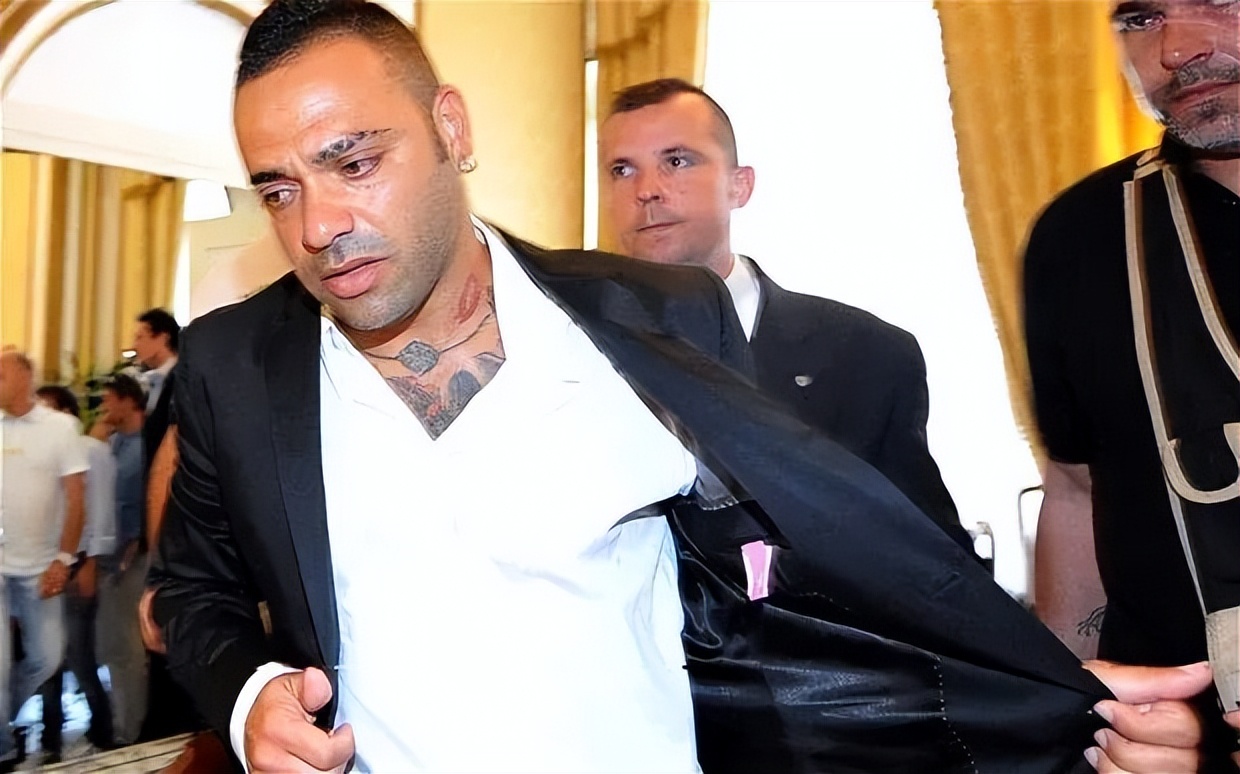

Compared to other Mafia groups, the ‘Ndrangheta,’ which resurfaced in the spotlight through its infiltration of Crotone, is less geographically restricted. Its influence extends from its base in Crotone to northern powerhouses like Milan’s two clubs and Juventus, making it the largest in scope among the three. In the 1980s, the ‘Ndrangheta’ acquired dozens of lower-tier Italian clubs, including Crotone, Reggina, and Catanzaro, withdrawing only in the early 21st century amid Serie A’s financial crisis.
However, the ‘Ndrangheta’s’ infiltration has not ceased. In 2017, Juventus chairman John Elkann was exposed for having undisclosed dealings with ‘Ndrangheta’ members—club executives connected to the Mafia received season tickets internally and resold them at high prices on the black market. The ‘Ndrangheta’-controlled extremist fan groups acted as intermediaries, guaranteeing “no trouble” in the stands in exchange for exclusive ticketing rights. Additionally, the ‘Ndrangheta’ sponsored extremist fan groups of Torino, Milan, and Roma to further secure interests in club security and ticketing.
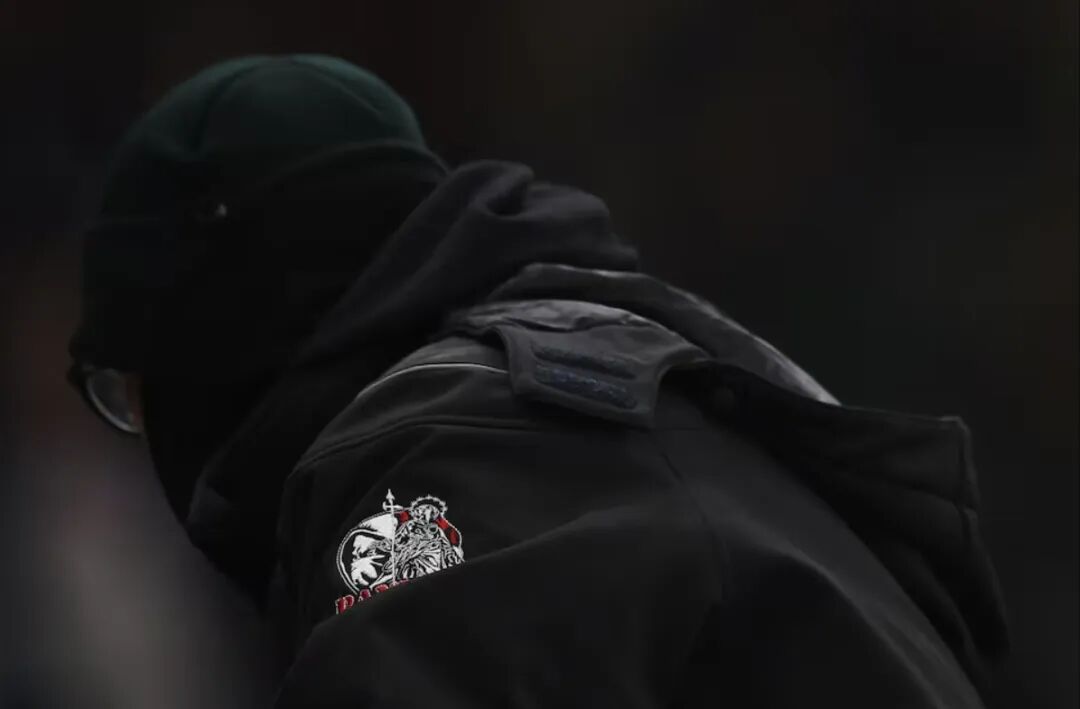
Anyone attempting to challenge Mafia control over extremist fan groups has almost always paid with their lives. Leaders such as Cicio Bucci (Juventus, 2016), Pisciatelli (Lazio, 2019), and Bojoki (Inter Milan, 2022) were all killed after trying to oppose Mafia dominance. In September 2024, former Inter Milan extremist fan leader Beretta shot and killed Beloko, the second-generation ‘Ndrangheta’ family member, after being attacked with a gun; this incident fully exposed the ‘Ndrangheta’s’ control over Inter’s extremist fan stands.
Today, Italy has established a systematic anti-Mafia framework, implementing new monitoring technologies that analyze large datasets of betting and digital transactions to detect suspicious betting patterns in football matches. Under such circumstances, opportunities for covert manipulation in football are shrinking, and exposure is increasing. Nevertheless, the Crotone case reminds us that the Mafia’s shadow still looms over Italian football, refusing to dissipate.
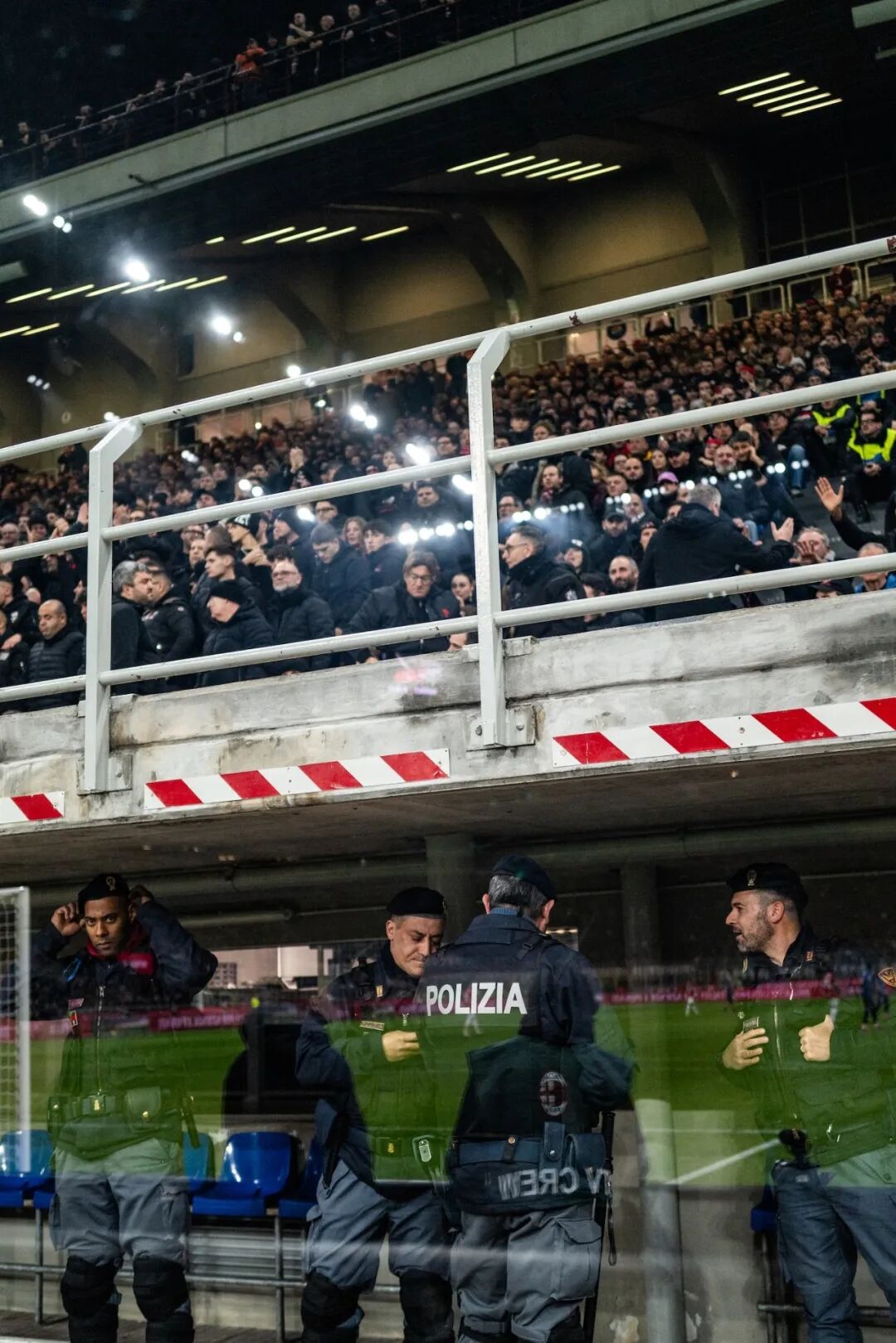


Wonderfulshortvideo
🥶🥶


The Nuno Mendes x Cristiano Ronaldo link-up 😮💨🔗


Harry Kane is the BEST striker Thomas Tuchel has EVER worked with 👀🏴


User esportapi has posted a video.


Marcus Rashford pays tribute to Cristiano Ronaldo 👏


Cristiano Ronaldo is the


User FieldFrenzy has posted a video.








 Links
Links
 Contact
Contact
 App
App


